Raising your kids in a foreign country can be enlightening or frightening, depending on your experience and point of view. As expat kids embrace the local culture and language, parents have to adjust too, and sometimes the results can be surprising.Someone asked the web, “Do your kids feel like foreigners to you because you raised them in a different country?” and parents responded with an array of insights and perspectives gained through their experiences. Here are some of the most interesting.More info:RedditThis post may includeaffiliate links.
Raising your kids in a foreign country can be enlightening or frightening, depending on your experience and point of view. As expat kids embrace the local culture and language, parents have to adjust too, and sometimes the results can be surprising.
Someone asked the web, “Do your kids feel like foreigners to you because you raised them in a different country?” and parents responded with an array of insights and perspectives gained through their experiences. Here are some of the most interesting.
More info:Reddit
This post may includeaffiliate links.
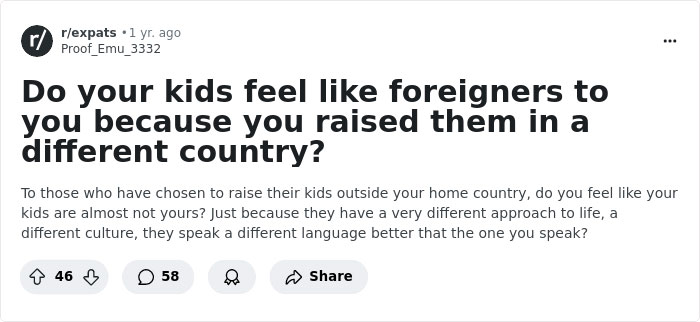
It’s fun. Really. You observe them and see how and where they develop. They start correcting your pronunciation very quickly, and hey, I don’t argue with natives. They challenge your world views (my kids can’t comprehend national teams sports, so why to split people who do the same thing into groups based on their place of birth).Kids are not small versions of parents. They are very mine, very close to me and very different.
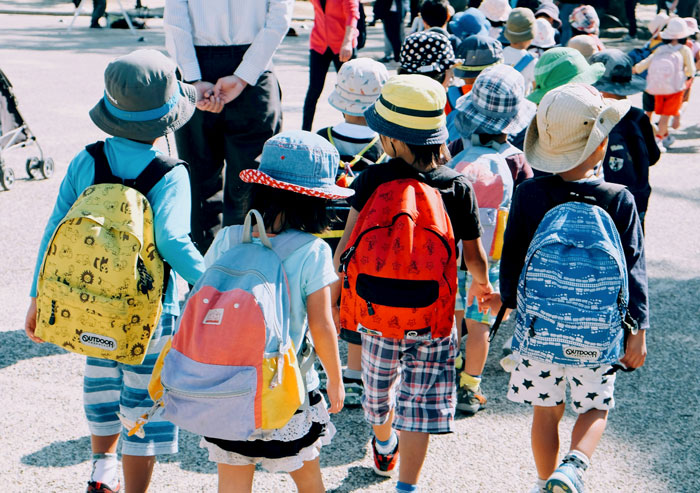
RELATED:
I love having kids that are half my culture and half my chosen place to live. They have the perfect balance and I find I am lucky.When we visit my home, they love it there, and when we come back to our chosen country, they are also very happy. Best of both worlds, truly!
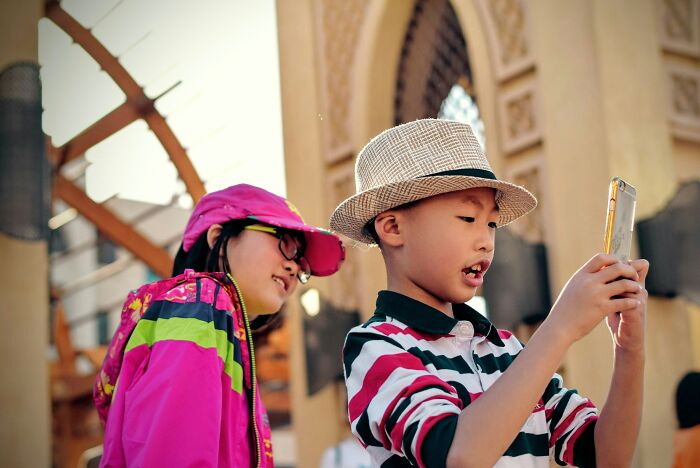
No. I’m Finnish, my husband is Brazilian and our girls were born in Quebec. But the thing is, me and my husband are not stereotypical representatives of our cultures, meaning I’m quite extroverted and social and my husband is more introverted (which brings us to the same level lol). We also moved away from our countries because we didn’t like it there. The local culture in Quebec is quite social and for now my girls are more on the shy and introverted side. They both speak Finnish and Portuguese as well as French and English, but the home languages are stronger which I suspect makes their connection to us stronger. My older daughter feels 100% at home in Finland where people leave kids in peace, we haven’t been to Brazil with them yet but it think it will be overwhelming for them.I guess my point is that raising kids abroad might be a factor in them feeling like foreigners to you, or not. You could also raise your kid in your home country and they’ll still be nothing like you or don’t identify with the culture because their personality is different. That’s how it was for me and my husband, we never felt like we belonged in our own cultures and countries.

With globalization, international assignments, and cross-border opportunities becoming commonplace, the number ofparentschoosing to raise their children in foreign countries is on the rise.
Kinda. My daughter and I are close but she definitely feels more comfortable expressing feelings in German with her mom. We speak English together, and she is great in English, she just prefers German when speaking absolut emotions.
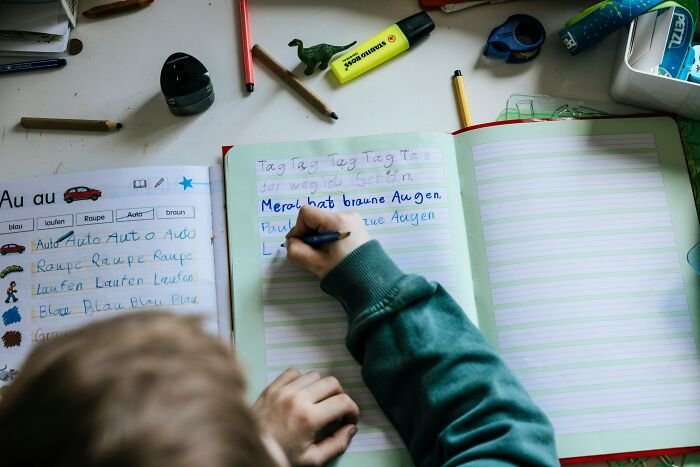
Not at all. We are from the US but live in Germany for five years. Our boys were 3,1 when we moved here and now are turning 8 and 6. Our daughter was born here and just turned three last week.They are 100% our kids. We share our experiences as our kids experience German school for the first time and all the ins and outs that come with daily life.I’d say on the whole they act “German” and identify with the German side of their life, but they very much identify as well with being American. We travel back to the US often, they see their family, they play Xbox and games with them online, and family come and visit frequently.The part we always keep an eye on is how they feel accepted. In Germany, we are considered Ausländer, but when we go back to the US, our kids are known as the kids who live in Germany. So, they live between the two words.This is known as “third culture kids” - where they can’t fully identify with my wife and I’s upbringing in the US, but they also are the first generation to go through school and fit in inside Germany.
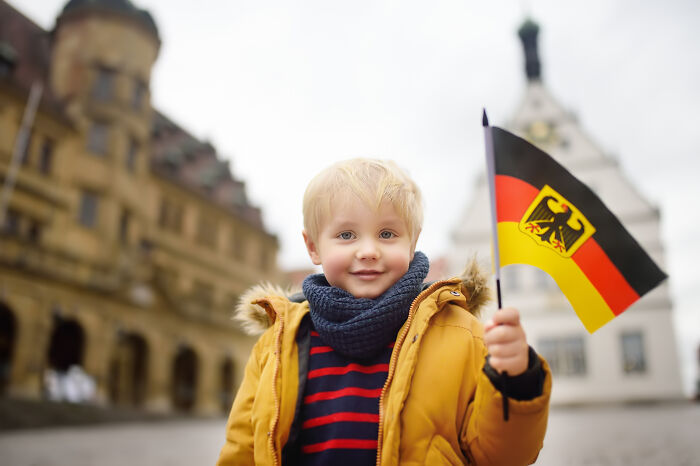
Yes. I share 50/50 custody of my son with his father who is from the country we live in. I am not. As time goes on, I feel my son is slipping more and more into that culture and in some ways away from me. It’s not all bad but it makes me sad sometimes. Also, I’m a dual citizen and while I take him to my two home countries I have no family here so … it’s just me.
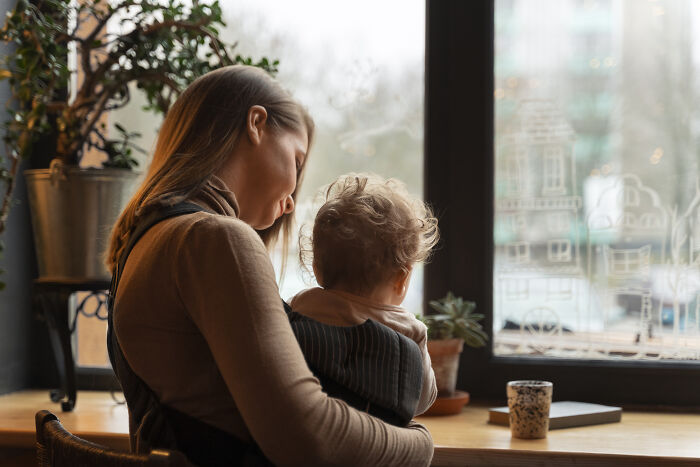
Some advantages of being a TCK include a global mindset (thanks to exposure to various cultural practices and viewpoints), adaptability (frequent relocations teach them to make friends quickly and navigate unfamiliar situations), and cultural fluency (they can move seamlessly between cultural contexts in ways that might be challenging for monocultural people).
No my kids are definitely very much mine. Even though they aren’t fluent in my native language and their passport differs from mine. Yet they are undoubtedly my children which shows from their personality traits, mannerisms and pretty much every aspect of their personality. The fact remains that my children are natives to the country where I’m an immigrant. The place I decided to move to is their country of birth, is where they were raised and experienced their entire childhood.It just creates different perspectives to be aware of. For instance, a trip back home to me is a journey into a foreign country to them. But these are mostly practicalities and doesn’t (negatively) impact my relationship with them at all.

Parent here and expat. Your kids can be completely different from you, “foreignors”, even if you are in the same country as your birth.Imagine you’re an extrovert sports fan who likes working with his hands for his hobbies, and your child is a disabled introvert who is extremely quiet and prefers to be alone. They will be a different “culture” from you on the basis of the foreign country that is being young and being their individual self.You’re not even guaranteed to eat the same food as them. As toddlers they may not like the spice palette of your cuisine, as teenagers they may want a particular diet, i.e. being vegans.Your worry about kids being foreigners should be flipped around. Your kids WILL be foreigners, one way or the other, and that’s ok. The only criteria here is you love them for who they are.
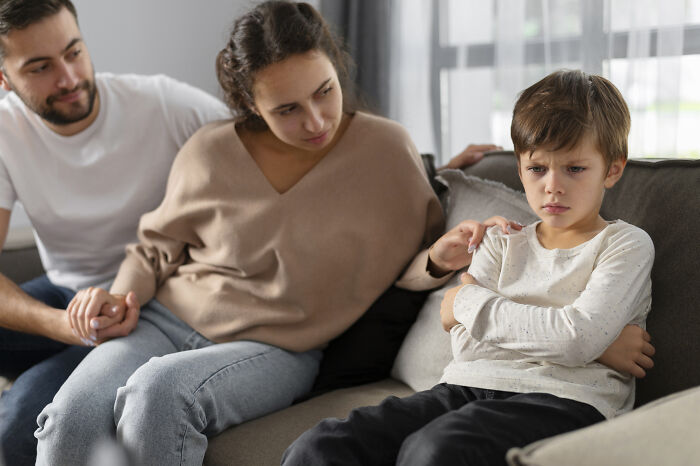
I live in France, am British, but with Asian ancestry. My son was born in France, and has a British dad. We go back to the UK often, about 3 times a year, so my son is completely at home with British culture, and speaks English without an accent.We feel more foreign when we go back to my parent’s home country, as I wasn’t raise there and don’t speak the language well. Enough to communicate, but not fluent.
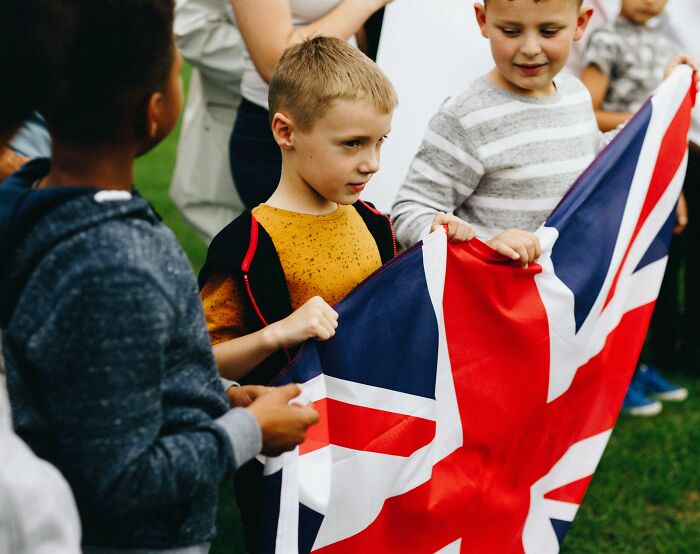
Many TCKs become “Adult Third Culture Kids” (ATCKs), continuing to make sense of the complexities of identity and belonging, but their global perspective can lead to careers in diplomacy or other fields that require cross-cultural skills.Researchindicates that TCKs often do well inprofessionsthat place an emphasis on adaptability, creativity, and communication.
Not at all… I do realize and accept that my son isnt “as Norwegian” as me because he has never been there and dont speak it. But I know that literally everything he knows, including how to speak english (which is not my native language) comes from me… even if it is a bit foreign in that sense.I can see it might be a challenge for him growing up if we decide to move to Norway, but I doubt I will ever see him as any less my son, even though I might think of him as a “foreigner” within Norway. Maybe Im a bit extra non-sensitive to this as I grew up with a foreign mother in Norway… so in our family its more the norm really.

Not that they aren’t mine but I can’t explain how it feels for my Australian born daughter to now speak in the local accent and use a different measurement system to the one that I know.
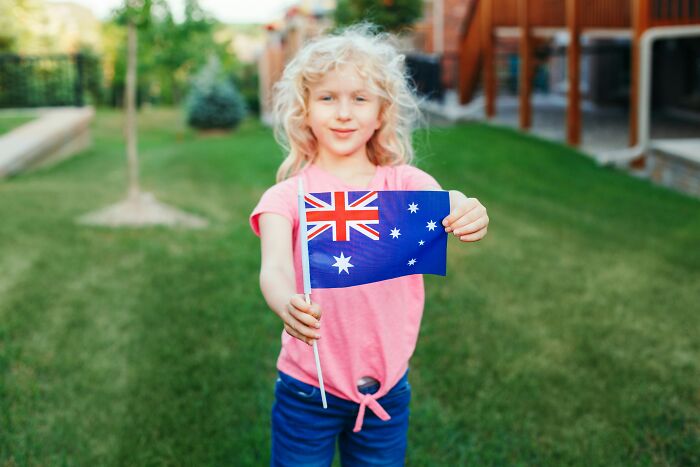
No, they totally feel like mine and I am proud of us that we raised such an international family. They grew up in the US but we made sure they learned Swedish and I learned it as well, both to be a full member of the family and because we wanted to move to Sweden some day.All of the kids spent some years in Sweden, which is a requirement if you want to retain Swedish citizenship as an adult. Two of them live there permanently, one’s in the USA and one in Australia. I’m now a naturalized citizen as well.So again, no. The fact that we are an international family is something that pulls us together.
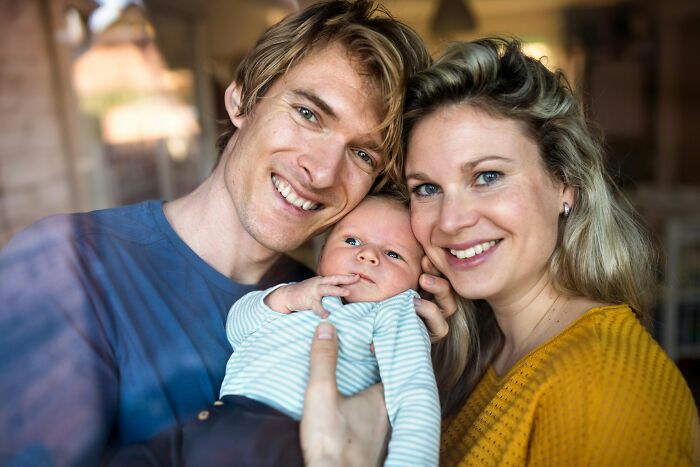
See Also on Bored Panda
In her article for theBBC, Kate Mayberry writes that notable TCKs include US President Barack Obama (who was born to a Kenyan father and American mother, and moved to Jakarta after his mother married an Indonesian) and British actor Colin Firth, who lived in Nigeria, where his father worked in education, as well as in the US.American sociologists Ruth Van Reken and David Pollock publishedThird Culture Kids: Growing Up Among Worlds, in 1999. Although Pollock has since passed away, Van Reken continues to lecture and research, saying that TCKs are more likely to speak more than one language, have a broader world view, and be more culturally aware.
In her article for theBBC, Kate Mayberry writes that notable TCKs include US President Barack Obama (who was born to a Kenyan father and American mother, and moved to Jakarta after his mother married an Indonesian) and British actor Colin Firth, who lived in Nigeria, where his father worked in education, as well as in the US.
American sociologists Ruth Van Reken and David Pollock publishedThird Culture Kids: Growing Up Among Worlds, in 1999. Although Pollock has since passed away, Van Reken continues to lecture and research, saying that TCKs are more likely to speak more than one language, have a broader world view, and be more culturally aware.
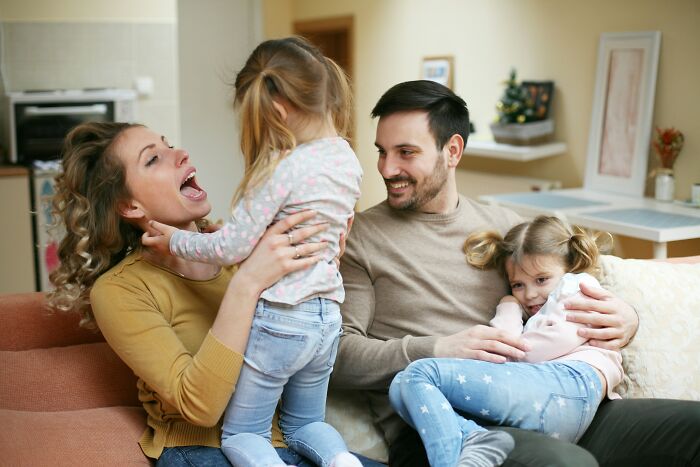
No problem there. Teens now, and except the standard teen issues they’re normal kids.Yes, they may have local influences - like expressions, food, drinks, music, etc, but core values are the one you give them. And anyway, teens tastes are different than yours no matter where you raise them. And as long as you keep a constant contact with them, the connection will never be broken. .

I think it’s making my kids better, even if their basis on the world is different than mine. We lived in one of the least diverse places in the US (northern Idaho) and now my kids have very few white kids, and, of those, only a couple American ones. Its… preventing some issues we might have had down the line.

Third Culture Kids embody the beauty and complexities of a globalized planet, and their unique experiences can offer valuable lessons and insights about cultural appreciation, adaptability, and the critical importance ofcommunityand connection. Just don’t ask them where they’re from.Do you have experience as a parent of a TCK or as a TCK yourself? Which of the stories in this list are the most relatable to you? Don’t forget to upvote and comment on your favorites!
Third Culture Kids embody the beauty and complexities of a globalized planet, and their unique experiences can offer valuable lessons and insights about cultural appreciation, adaptability, and the critical importance ofcommunityand connection. Just don’t ask them where they’re from.
Do you have experience as a parent of a TCK or as a TCK yourself? Which of the stories in this list are the most relatable to you? Don’t forget to upvote and comment on your favorites!
Different upbringing does make kids foreign to their parents.My kids are mine because I raised them.
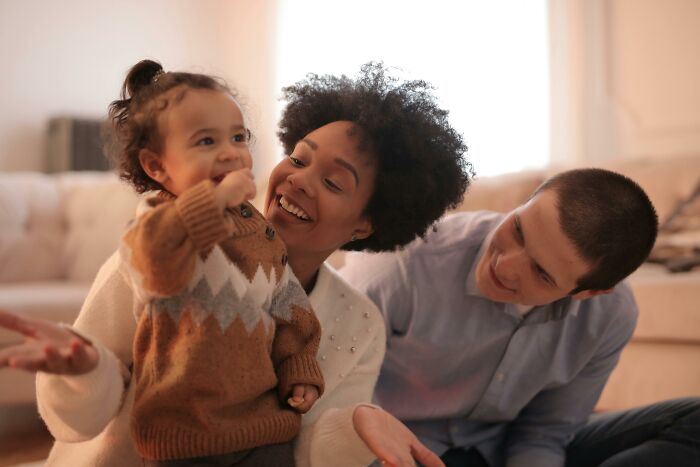
Kids ARE foreign, even if they grow up in the same culture, speaking the same language as you.
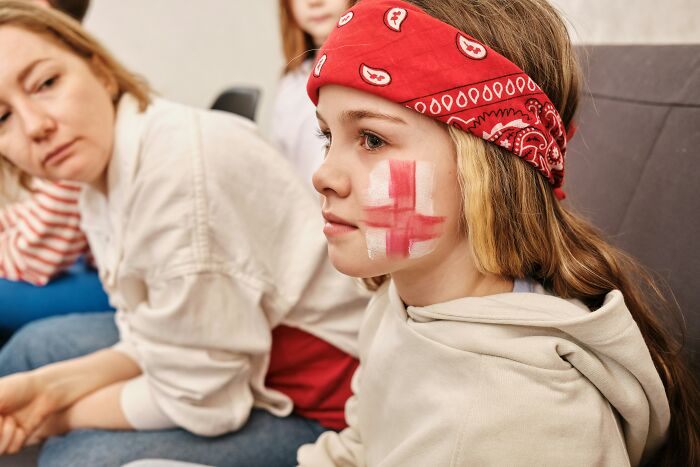
I think you are overstating it. But they definitely do not grow up like you did in your home country.When it really gets markedly pronounced is if you marry in the foreign country someone from a different culture. It is not fun for the kids either.

Nope. Not at all, he’s definitely mine, he’s absolutely a lot more native than I am, it’s to be expected, and frankly I’d be much more worried if he wasn’t.Those changes are gonna happen no matter where you’re living IMO.But I absolutely do not feel like I don’t know him, if anything I think he’s too much of a replica of me!
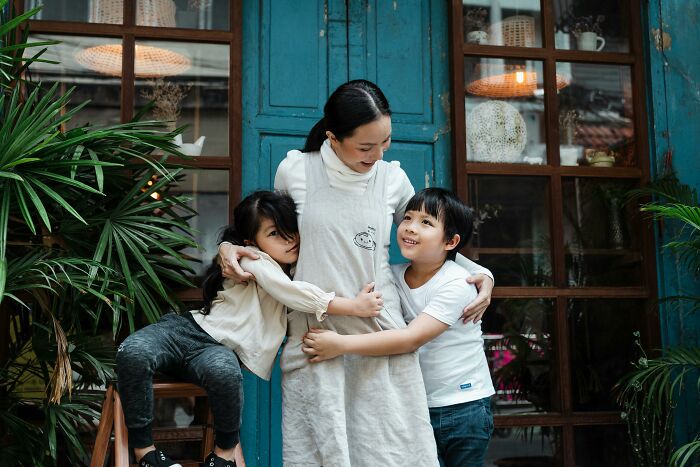
My kids were raised abroad. they speak the languages of those countries. they do not seem odd to us, but do to most other americans.
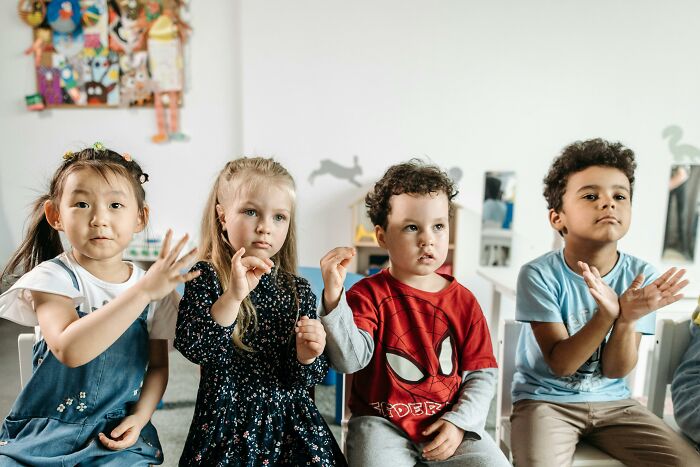
Nope. I have a toddler though so there is no distance between us lol. He’s as native as anyone can be in my life.

Modal closeAdd Your Answer!Not your original work?Add sourcePublish
Modal close
Add Your Answer!Not your original work?Add sourcePublish
Not your original work?Add sourcePublish
Not your original work?Add source
Modal closeModal closeOoops! Your image is too large, maximum file size is 8 MB.UploadUploadError occurred when generating embed. Please check link and try again.TwitterRender conversationUse html versionGenerate not embedded versionAdd watermarkInstagramShow Image OnlyHide CaptionCropAdd watermarkFacebookShow Image OnlyAdd watermarkChangeSourceTitleUpdateAdd Image
Modal closeOoops! Your image is too large, maximum file size is 8 MB.UploadUploadError occurred when generating embed. Please check link and try again.TwitterRender conversationUse html versionGenerate not embedded versionAdd watermarkInstagramShow Image OnlyHide CaptionCropAdd watermarkFacebookShow Image OnlyAdd watermarkChangeSourceTitleUpdateAdd Image
Ooops! Your image is too large, maximum file size is 8 MB.
Upload
UploadError occurred when generating embed. Please check link and try again.TwitterRender conversationUse html versionGenerate not embedded versionAdd watermarkInstagramShow Image OnlyHide CaptionCropAdd watermarkFacebookShow Image OnlyAdd watermark
Error occurred when generating embed. Please check link and try again.
TwitterRender conversationUse html versionGenerate not embedded versionAdd watermark
InstagramShow Image OnlyHide CaptionCropAdd watermark
FacebookShow Image OnlyAdd watermark
ChangeSourceTitle
You May Like“I’m No Contact With My Parents”: 30 Parents’ Mistakes Millennials Swear Not To RepeatJustinas Keturka30 Of The Most Hilarious Posts From Parents That Made People Laugh This FebruaryIlona BaliūnaitėParent Makes Adult Daughter Face The Consequences Of Her Own Actions When Anxiety Takes OverIndrė Lukošiūtė
Justinas Keturka
Ilona Baliūnaitė
Indrė Lukošiūtė
Parenting